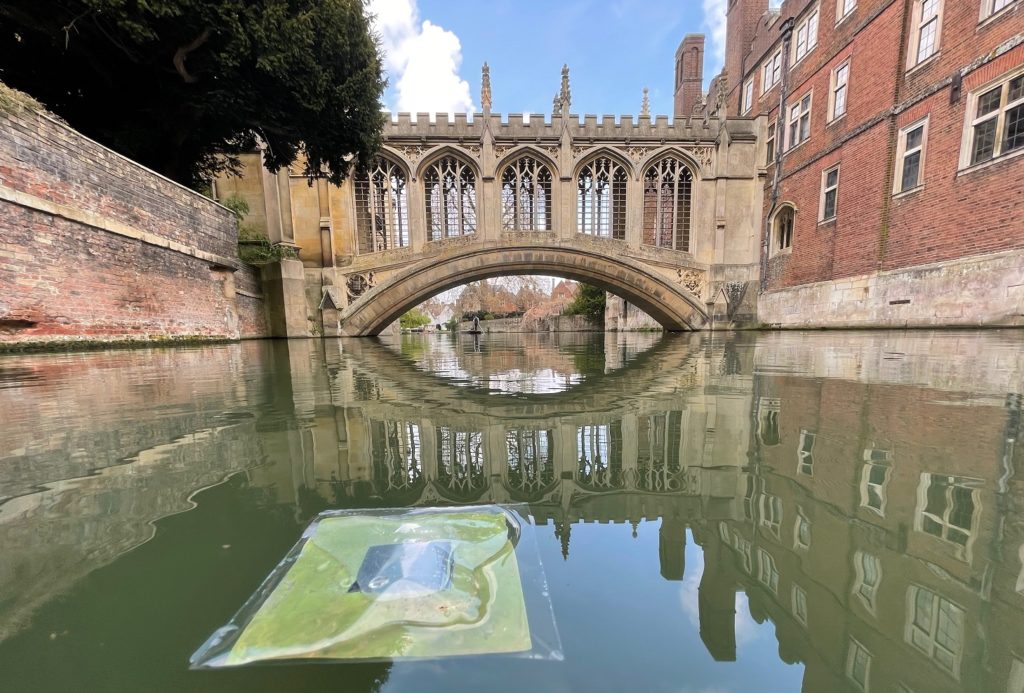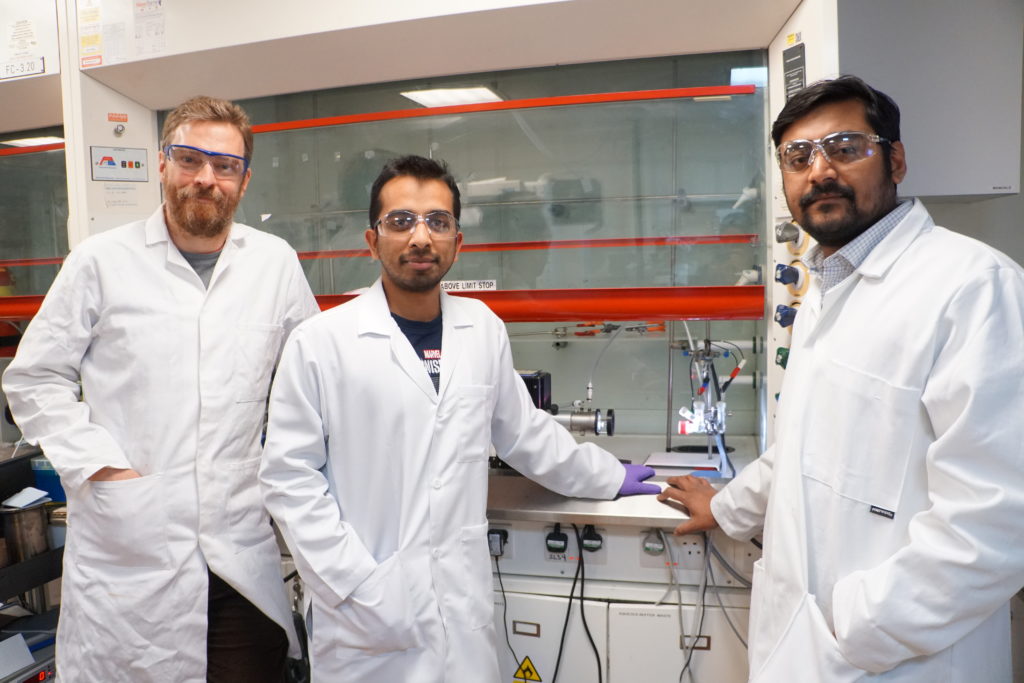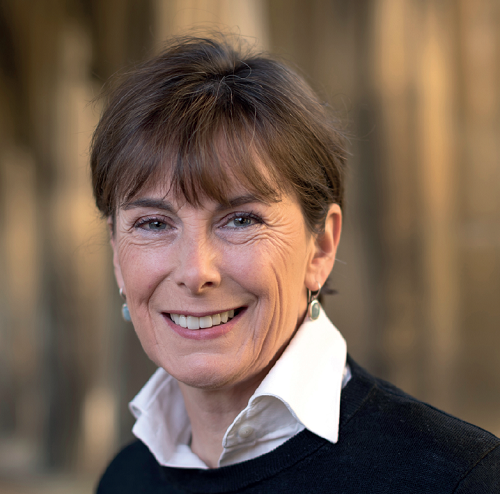Over the coming months, the College will be sharing stories of Johnian research and activity in tackling the global challenge of energy production and consumption. The Master, Heather Hancock, introduces the topic describing some of the ways the College is addressing energy usage in its estate, as well as highlighting the research work conducted by its members.
For months now energy concerns have dominated the national and international headlines, creating an inescapable narrative of despair. St John’s isn’t immune to the financial, operational, and societal effects of the immediate energy and cost of living crises. And we all face existential risks from climate change, which may not be the only wicked problem in the world, but it outranks all others in its catastrophic consequences. The intellectual might of the College is heavily invested in creating and harnessing solutions to these challenges.

At the domestic level, a group of Fellows and staff led by Professor Andy Wood are focused on how to accelerate our switch from gas, on which we largely rely to provide College and hostel heating and hot water. We are not the only historic site in the country or even Cambridge with this problem, so Professor Wood’s team is engaging with post-doc and postgraduate students to share the research approach, data analysis and results. Air source heat pumps are being trialled for Cripps, energy saving measures have been retrofitted in houses on St John’s Road, and we’re collaborating with colleges upstream, investigating the potential to export heat from the River Cam.
Behavioural change alone would make a double-digit reduction in energy consumption. Having measured temperature levels and power consumption across the College, we’re running a pilot scheme for students to pay their own energy bills and investing in technology to prompt ‘lights off, heating down’ when students go out or home. Already, even with a site as historic and complex as ours, and with the need to keep the College operating at full capacity, we can see our way to more than halving our carbon emissions from onsite energy consumption. How quickly we achieve that depends on resolving listed building and landscape constraints, overcoming the inadequacy of the electricity supply infrastructure in this part of Cambridge and meeting the eye-watering price tag.
Whatever progress we make in reducing our own energy demands and carbon emissions though will be miniscule in comparison to the impact of the research fostered by St John’s and the work of our alumni. Johnian activity in this area is wide-ranging and has been contributing to awareness and finding solutions for decades. Over the coming months, news from the College will be opening a window into this important research and interdisciplinary work. In early January, the results of the ground-breaking research by St John’s Fellow Professor Erwin Reisner was published in the journal, Nature Synthesis, and you can read more on the College website. For several years, Professor Reisner’s research group in Cambridge has been working to develop sustainable, clean energy solutions which are based on the principles of photosynthesis. In 2019 Erwin and St John’s research Fellow Dr Virgil Andrei developed an artificial leaf which makes syngas – a key intermediate in the production of many chemicals and pharmaceuticals – from sunlight, carbon dioxide and water, and Erwin has now created a solar-powered device capable of simultaneously converting carbon dioxide to fuel and upcycling plastic waste into something useful, without the need for another energy source. We look forward to sharing more stories like this one, showcasing the achievements of Johnians in this area.

Written by Heather Hancock (1984)

Heather matriculated at St John’s in 1984 and read Geography/Land Economy. Following senior positions in the public sector and at Deloitte LLP, she chaired the Food Standards Agency. Heather was made an Honorary Fellow of St John’s in 2018 and became the College’s 45th Master in 2020.

